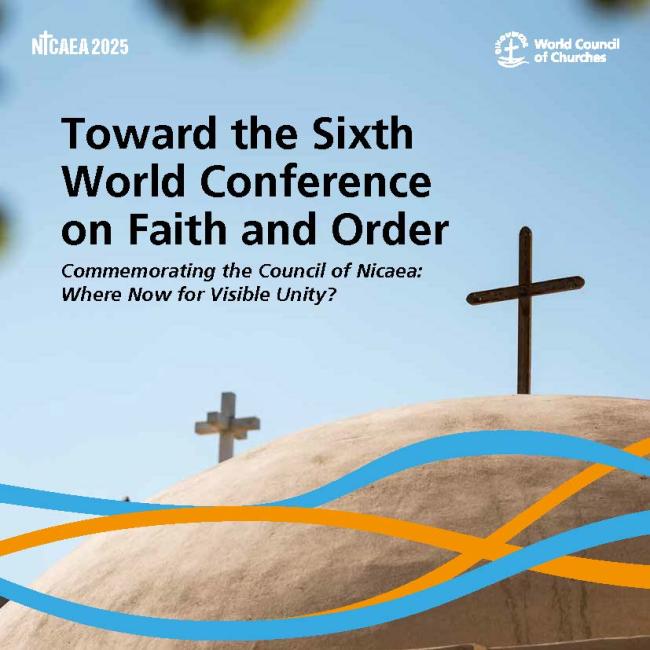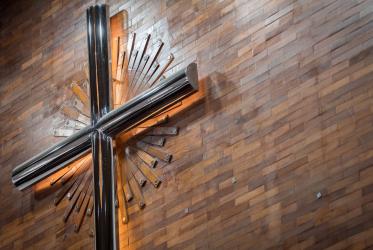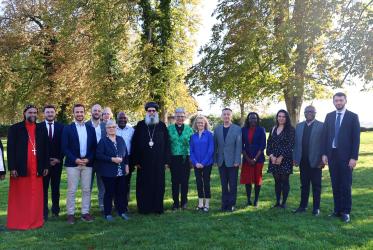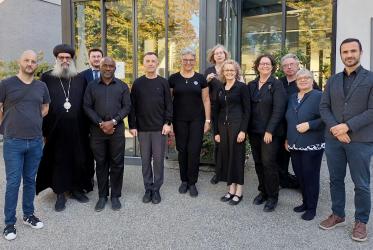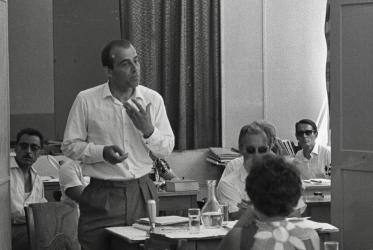Displaying 1 - 20 of 145
Toward the Sixth World Conference on Faith and Order
Commemorating the Council of Nicaea: Where Now for Visible Unity?
24 February 2024
Churches in Africa agree on guidelines for disability inclusion
19 December 2023
WCC webinar explores decolonizing beauty
11 December 2023
Young Black Europeans: “common witness has an open ear”
30 November 2023
WCC institute encouraged rethinking theology
23 November 2023
Ahead of Her Time
Pan-African Women of Faith and the Vision of Christian Unity, Mission, and Justice
01 November 2023
Thirty days that changed the ecumenical movement
23 October 2023



